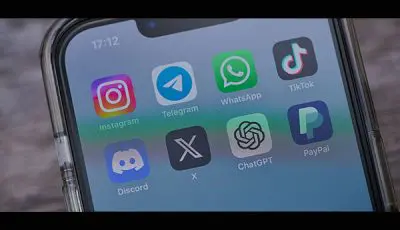Killing the Bird that Laid the Golden Social Media Egg
 As news of former New England Patriots tight end and murderer Aaron Hernandez’s apparent cellblock suicide spread last week, Twitter lit up with chatter. The hashtag #AaronHernandez rocketed to the top of Twitter’s trending list.
As news of former New England Patriots tight end and murderer Aaron Hernandez’s apparent cellblock suicide spread last week, Twitter lit up with chatter. The hashtag #AaronHernandez rocketed to the top of Twitter’s trending list.
As usual, overzealous and under-thinking marketers attempted to capitalize on the hot topic by sticking the hashtag on their marketing messages, no matter how irrelevant.
A large percentage of the spam tweets were porn.
Here’s the deal about that: Twitter users long ago learned how to spot and ignore spam when it invades trending topics. They may be irked, but for the most part they just talk around it. Hashtag spam is a fact of life in the social media age.
Unless the hashtag spam is related to porn. That gets their attention, and not in a good way. Twitter users aren’t shy about complaining to the Twitter gods when something pisses them off, and porn spam pisses off a hefty percentage of even those who aren’t porn-averse.
Using arcane methods it keeps under lock and key, Twitter corralled the porn spam problem within hours and prevented more from showing up. All’s well that ends well, right?
Not really. I’m not aware of any accounts closed because they porn-spammed the Hernandez hashtag, but some probably were. According to Twitter’s terms of service, “if you post multiple unrelated updates to a topic using #, trending or popular topic, or promoted trend” your account may be temporarily locked or permanently suspended.
Twitter can and will close accounts that spam any message, but the Twitter gods are especially sensitive about porn, and for good reason: Twitter allows users as young as 13.
Among the major social media, Twitter may be the most lenient when it comes to adult content. Twitter is a huge supporter of free speech, even to the point of facing down a U.S. government witch hunt. That’s one of the reasons so many adult industry insiders — performers, directors, studios, bloggers, journalists — use Twitter to communicate with fans, followers and business contacts.
Nevertheless, the company’s liberal speech policy has limits. According to the TOS, “You may not use pornographic or excessively violent media in your profile image or header image. Twitter may allow some forms of graphic content in tweets marked as sensitive media.”
The best way to convince Twitter to adopt a policy similar to Facebook’s — which does not allow adult content of any kind, anytime, anywhere — is to commit hashtag spam containing explicit images.
With all due apologies to Nike, “Just don’t do it.”












